The Supreme Court on Monday (October 27, 2025) expressed displeasure over the Delhi Police’s failure to file counter-affidavits to the bail pleas of activists Umar Khalid, Sharjeel Imam, Meeran Haider, Gulfisha Fatima, and Shifa-ur-Rehman in the larger conspiracy case linked to the 2020 Delhi riots.
Additional Solicitor-General S.V. Raju, appearing for the Delhi Police, sought two more weeks to file the counter-affidavit, stating that he was appearing in the matter for the first time and was unaware of the earlier proceedings.
Declining the request, a Bench of Justices Aravind Kumar and N.V. Anjaria observed that the police had already been granted ample opportunity. “You may be appearing for the first time, but we have granted sufficient time. Last time, we remember, we said issue notice. Then we said in open court that we would hear this matter on October 27 and dispose it off,” the Bench told Mr. Raju.

When the law officer pressed for a week’s time instead, the court questioned the necessity of a counter-affidavit in bail proceedings. “Strictly speaking, in bail matters, there is no question of filing a counter at all,” Justice Kumar remarked.
The Bench eventually allowed time till Thursday and listed the matter for further hearing on Friday (October 31). Justice Kumar directed Mr. Raju to be ready with instructions by then. “Please ensure you obtain proper instructions from your colleagues. You may file the counter, but we will not grant you two weeks,” he said.
‘See if something can be done’
During the hearing, senior advocates Kapil Sibal, Abhishek Manu Singhvi, Siddharth Dave, and Siddharth Agarwal, appearing for the accused, highlighted that their clients had spent nearly five years in custody while the trial had been progressing at a snail’s pace.

“The whole case is about the delay in the trial. There should not be further delay in the hearing,” Mr. Singhvi submitted.
Accordingly, the Bench nudged the Delhi Police to consider granting bail on concession, especially in view of the prolonged incarceration and the delay in the trial. “See if something can be done. This is only about the consideration of bail, five years are already over,” Justice Kumar told Mr. Raju.
Mr. Raju, however, refrained from making any commitment. “Let me have a look at it. Sometimes, appearances can be deceptive,” he remarked, prompting the Bench to clarify that it was not delving into the merits of the case. “We are not saying we have read it threadbare. After all, it is a matter of bail,” the Bench observed.
The court had previously been unable to hear the matter on two occasions. On September 12, the hearing was postponed as the voluminous case records reached the Bench too late for perusal. A week later, on September 19, Justice Manmohan, who was then on the Bench, recused himself owing to his prior professional association with Mr. Sibal. The matter was thereafter re-listed before the present Bench comprising Justices Aravind Kumar and N.V. Anjaria.
The accused are among nine persons whose bail pleas were rejected by the Delhi High Court on September 2. A Division Bench of Justices Navin Chawla and Shalinder Kaur had held that the accused played “prima facie grave” roles in the conspiracy.
The accused face charges under the Unlawful Activities (Prevention) Act and the Indian Penal Code. The Delhi Police have alleged that the activists were the “intellectual architects” of the violence, which left 53 people dead and over 700 injured in February 2020, during protests against the Citizenship (Amendment) Act and the proposed National Register of Citizens.
“If the exercise of an unfettered right to protest were permitted, it would damage the constitutional framework and impinge upon law and order. Conspiratorial violence under the garb of protests cannot be permitted”, the High Court had said in its 133-page verdict. It had also observed that the riots were “deliberately timed” to coincide with the visit of then U.S. President Donald Trump, and therefore could not be “lightly brushed aside.”
Mr. Imam, the first to move the Supreme Court, has argued that more than five years of pre-trial incarceration amounts to punishment without trial. Mr. Khalid, arrested on September 13, 2020, has similarly urged the court to consider his prolonged detention, noting that the trial remains far from conclusion with dozens of witnesses still to be examined.
The accused have also sought parity with fellow activists Natasha Narwal, Devangana Kalita, and Asif Iqbal Tanha, who were granted bail in June 2021. The High Court, however, distinguished their cases, noting that while the right to protest is constitutionally protected, the alleged conspiratorial violence attributed to Imam and Khalid was prima facie of a more serious nature.

 2 hours ago
5
2 hours ago
5

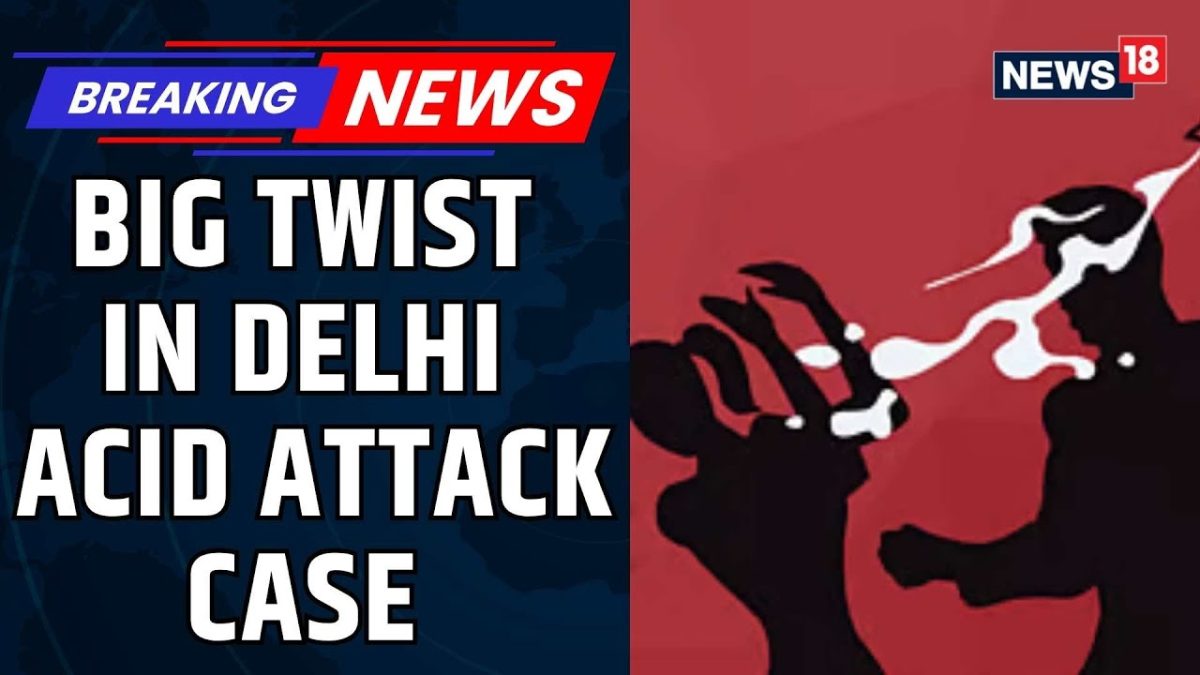
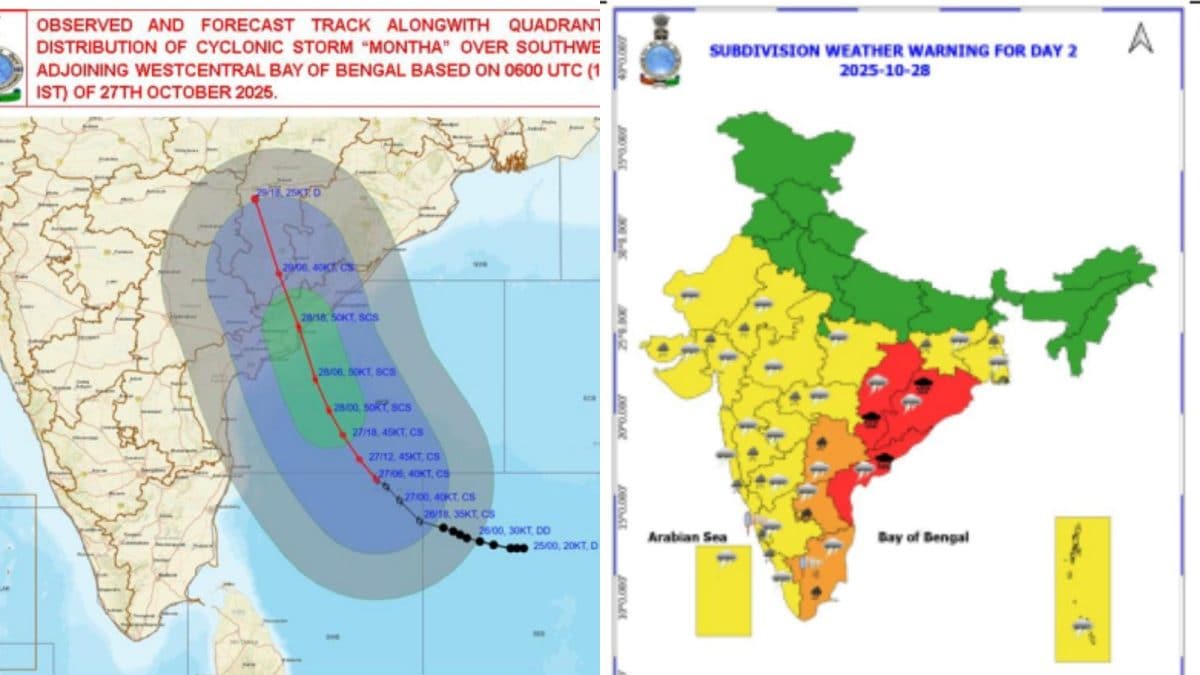


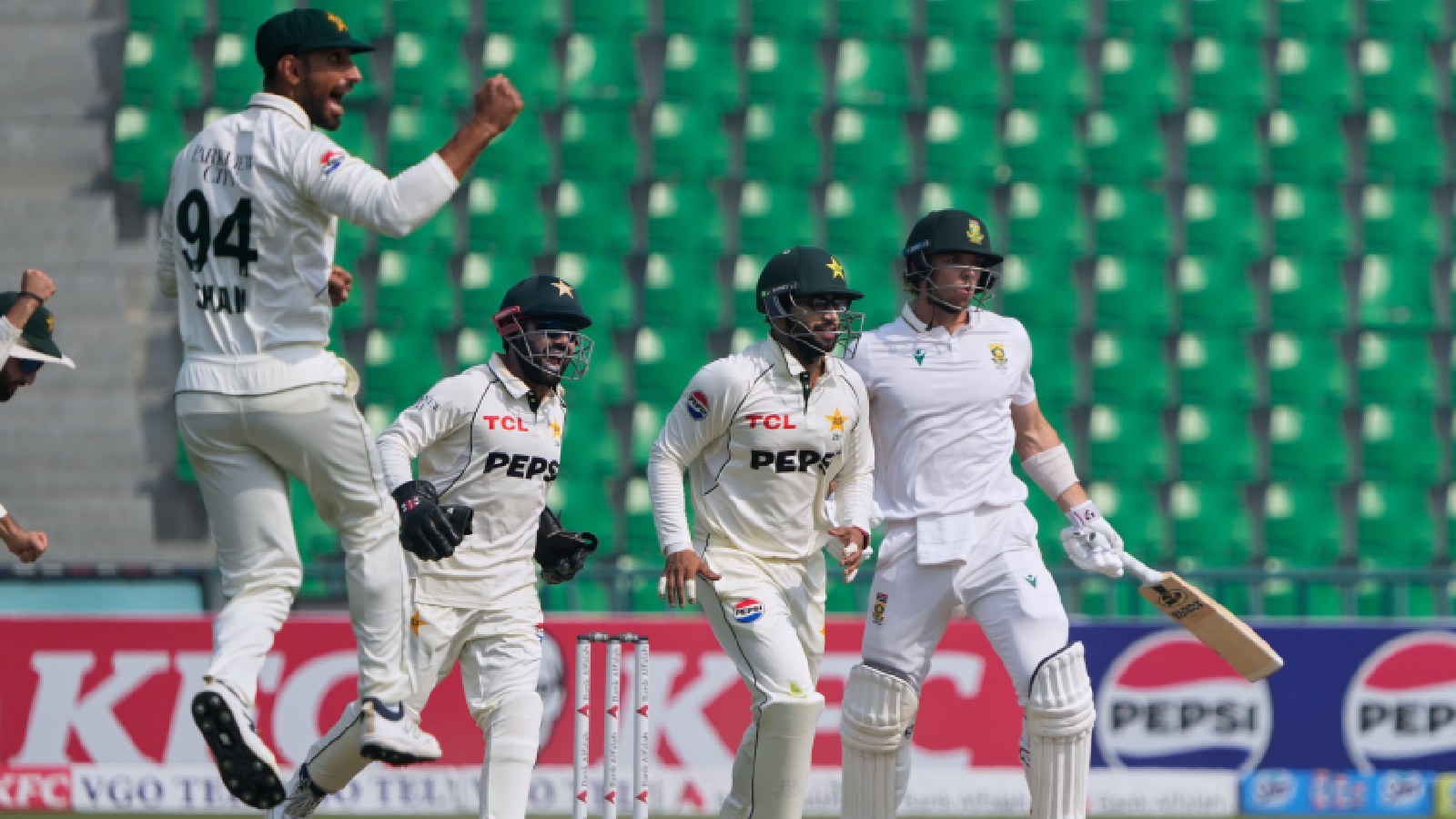
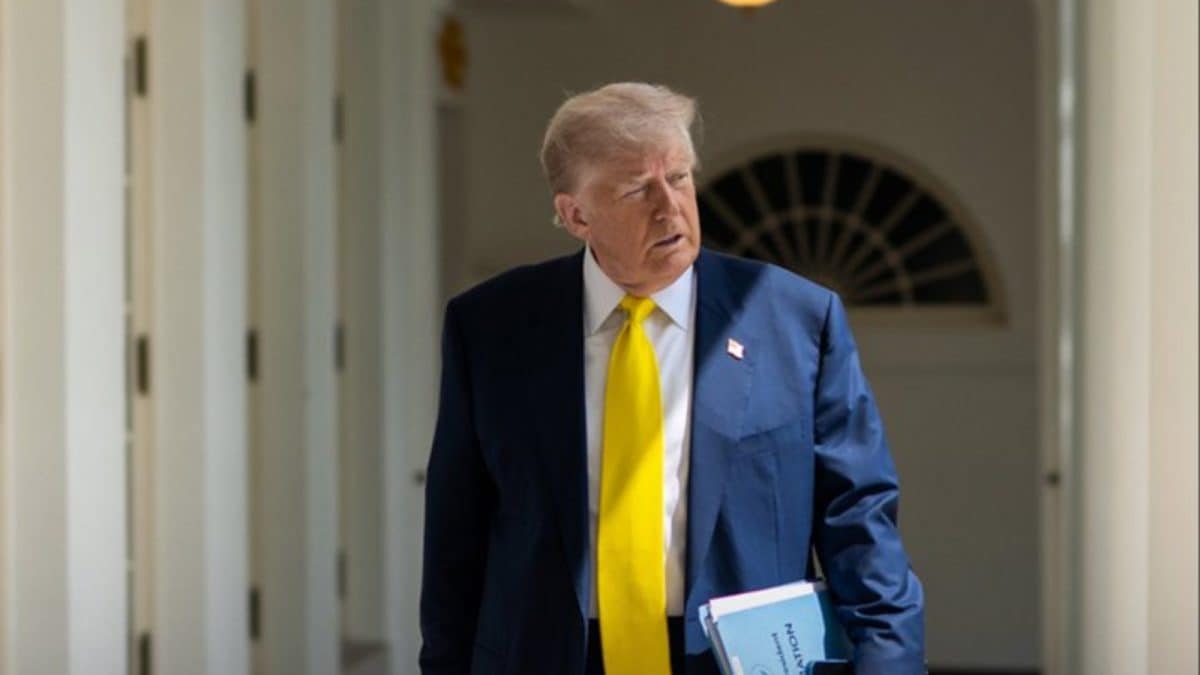

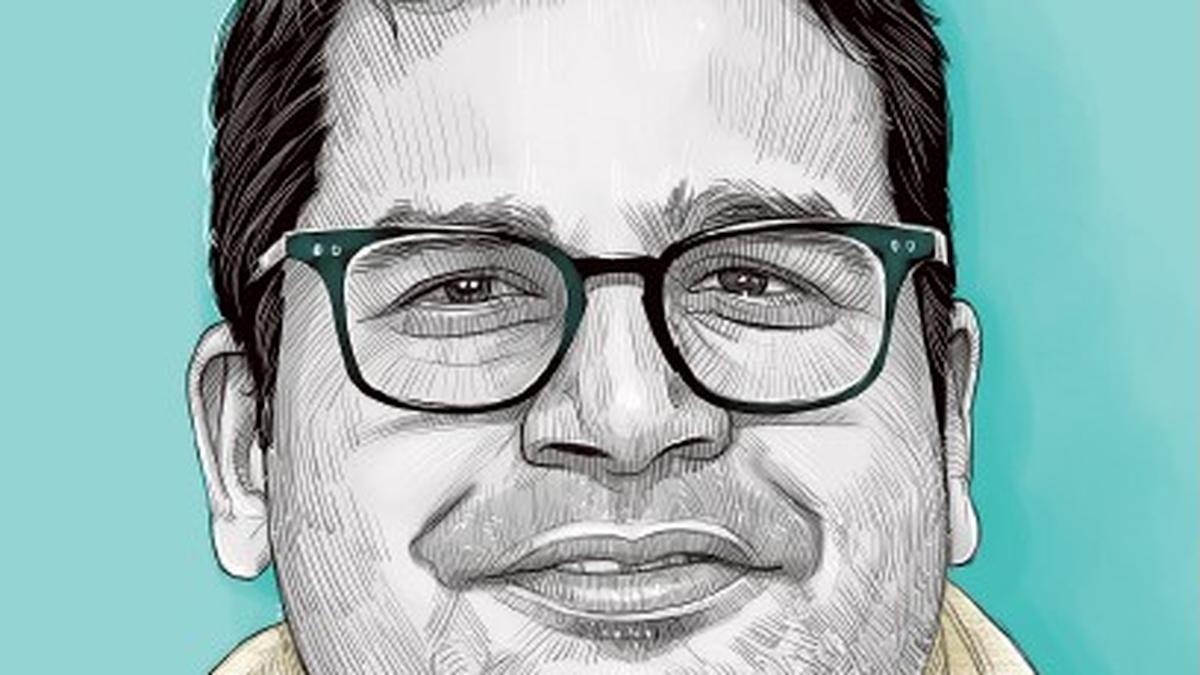
 English (US) ·
English (US) ·